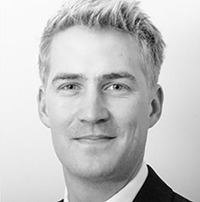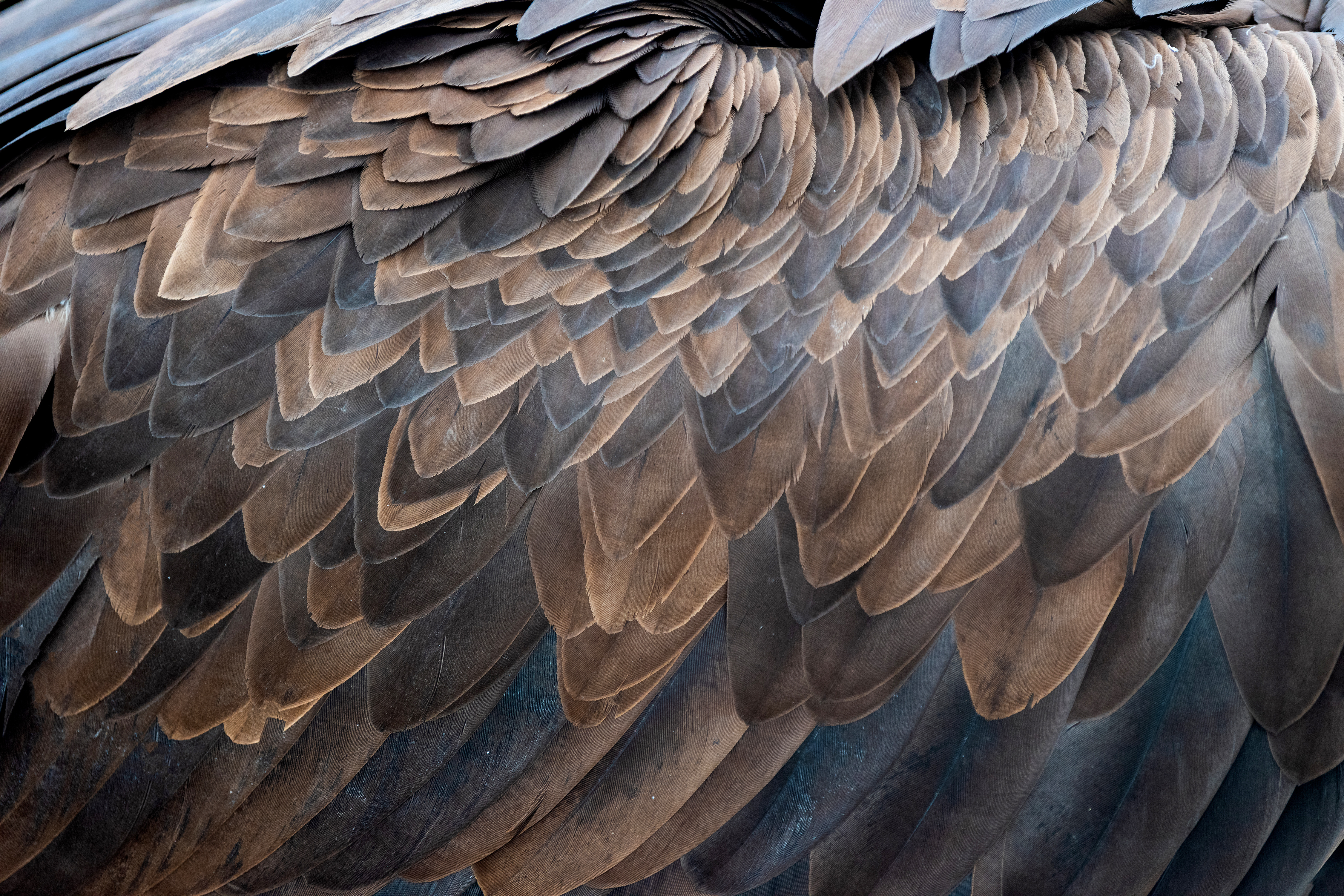
As FOLU joins a new global initiative against wildlife crime, Douglas Flynn explains the dangers of this illegal trade, its economic impact, and its threat to animal and human health.
How did you become involved in stopping wildlife crime?
I grew up in Zambia in Southern Africa, surrounded by the bush. The natural world was a much more dominant presence for me than the human world in those early years. And from that start, I’ve really had no other option but to spend my life being passionate about it.
I saw the good and bad sides of situations where humans and wildlife are brought together. I saw what thriving ecosystems look like, and what they can do for communities and for people’s livelihoods. And I saw the opposite: criminality, corruption, completely unsustainable extraction… It’s a tragedy: how a few people can entirely strip the benefit from others, and from the rest of society. I think that sense of unfairness has stayed with me throughout my life.
How big a problem is wildlife crime – and is it about more than protecting the animals themselves?
Wildlife covers flora as well as fauna, so it’s not just the megafauna that people might think of. We’re talking about a broader definition of nature and natural ecosystems.
The scale of the problem is huge. The true cost of global illegal trade and wildlife crime is somewhere between $1 and $2 trillion a year.
Most importantly, it’s a starting point from which all sorts of other negative things happen. If you have wildlife crime – the illicit and uncontrolled extraction from an ecosystem – this begins to degrade the ability of that ecosystem to deliver its services to humanity and to the local community. Whether that’s clean water, fresh air, carbon sequestration, or even the foods and fibres that it produces.
The extraction of high-value wildlife from ecosystems is the first domino that falls. After which follows illegal mining, land clearance, drainage – you get this follow-on effect.
This illegal activity is nothing to do with people making a livelihood. We are talking about the way that criminal and commercial interests run roughshod over people’s rights, and over the fair distribution of benefits from ecosystems and wildlife to people.
How is the Global Initiative to End Wildlife Crime going to make a change?
The initiative is a broad alliance of environmental, policy, legal, business and public health experts, but it’s taking a very targeted approach. It will bring forward the force of the law, through changes to international legal mechanisms, to address wildlife crime.
It aims to strengthen international frameworks to include specific components related to wildlife crime. And it will strengthen existing wildlife trade laws to include public health criteria.
We must make it harder, riskier, more expensive for these criminal networks to operate. And, therefore, incentivise positive economic development and livelihood generation related to protecting and restoring ecosystems.
Without changes in international law, we will fail to tackle a challenge that is transnational, and in which the inequality – the unfairness – travels across borders. The source countries that are the guardians of these assets get almost zero benefit, with proceeds being exported offshore or captured by a small elite of criminal actors.
So it’s part of a bigger economic change…
It’s very much about reducing the incentives for illegal activities, and levelling the playing field for positive ones. We’re talking about economic opportunities, for countries that are rich in wildlife and natural assets, to benefit through development. Those include traditional models like tourism and sustainable harvest of high-value goods – whether that’s timber, edible forest products or cosmetics – and new ones, like payments for the delivery of ‘ecosystem services’.
The world increasingly realises that – on a planet that is entirely interconnected – the presence of intact, stable ecosystems in one place supports resilience and prevention of disasters around the world. The Covid pandemic is a very clear example of that.
Payments for ecosystem services – payments for countries to deliver services like carbon, like the preservation of wildlife – should become an increasing part of economic activity for countries that are rich in these assets.
And what is the connection to FOLU and SYSTEMIQ’s work?
In the Growing Better report, FOLU called for strengthened intergovernmental action on environmental crime to address its devastating impacts on climate, communities, biodiversity, food security and development. Without new efforts to tackle the drivers and enablers of environmental crime, FOLU’s ten critical transitions – including building stronger rural livelihoods, and protecting and restoring nature – will continue to be challenged. The initiative was originally formed outside FOLU, but support and endorsement of the initiative can form a tangible initial workstream as FOLU builds towards a Global Alliance Against Environmental Crime.
At SYSTEMIQ, we believe that it is economic solutions – livelihood and development benefits – that will be the answer to some of the huge environmental challenges that we fight today. So this is part of that transition: to an economy where our laws and economic structures more adequately reflect the services that nature delivers to society. Our support for the initiative is part of our increasing portfolio biodiversity and conservation work under Natural Solutions.
We often talk about ‘nature-based solutions’ at a very high level. But, for me, the ultimate motivation is real, tangible change in countries where it matters most, where these natural riches are present and being exploited. Wildlife crime means very real impacts for local communities, for their ability to access food and clean water, for the landscapes which are their home, and which they’re the guardians of. It’s very real for the protection of individual wildlife species – and for the prevention of future health disasters, like the one we’re in the midst of right now.
Douglas Flynn is the biodiversity lead at SYSTEMIQ, a core partner of the Food and Land Use Coalition. To find out more, contact Doug and visit www.endwildlifecrime.org

